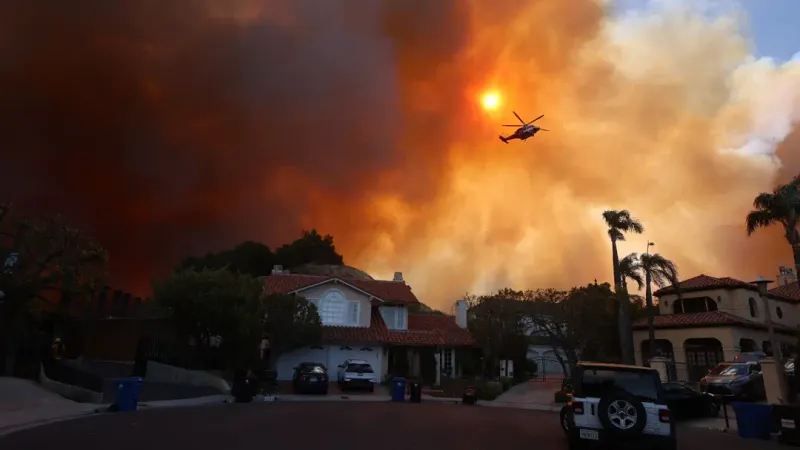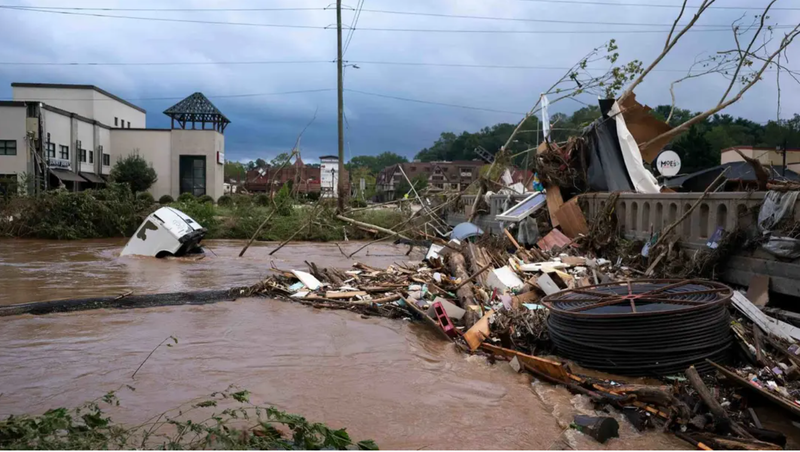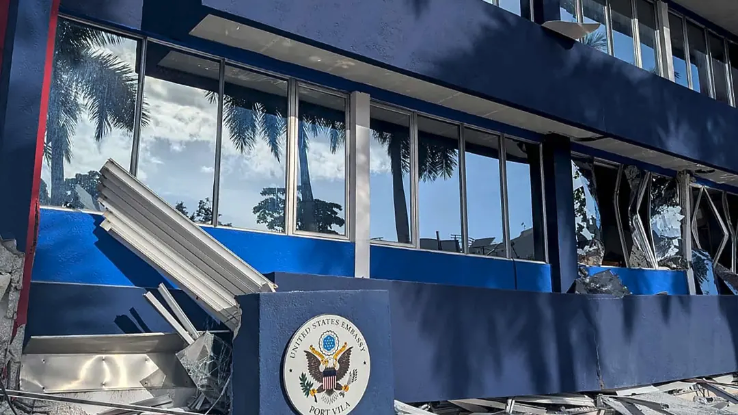Libya: Warnings of Unexploded Munitions Following Floods
The International Committee of the Red Cross (ICRC), which is leading the rescue efforts in Libya after devastating floods ripped through the country earlier this month, has warned that unexploded ordnances from years of conflict pose a risk to recovering the deceased....

Facts
- The International Committee of the Red Cross (ICRC), which is leading the rescue efforts in Libya after devastating floods ripped through the country earlier this month, has warned that unexploded ordnances from years of conflict pose a risk to recovering the deceased.1
- On Sept. 10, Storm Daniel brought record-breaking downpours to Libya's coastal city of Derna, causing the collapse of two aging dams and flash floods. The total number of deaths is still yet to be confirmed, while rescue work is reportedly being hampered due to political divisions in the country.2
- Noting that debris deposited throughout Derna may have unearthed buried explosives, the ICRC said: 'Unexploded ordinances and abandoned munition stores could also pose an additional challenge to residents, emergency responders, and authorities.'3
- The ICRC has said that the search operations will continue, but that efforts could be slowed, as teams must assess the risk posed by unexploded munitions 'to prevent further death and injury.'3
- The explosives are remnants of Libya's involvement in WWII, as well as the multiple bouts of armed conflict that ravaged the country between 2011 and 2021 that reportedly killed or wounded at least 3.4K people.4
- According to the UN, more than 100K tons of unexploded ordinances are located under debris in the cities of Sirte, Tawergha, Derna, and Benghazi.5
Sources: 1Cbc, 2Abc news, 3Archive, 4PBS NewsHour and 5Al Jazeera.
Narratives
- Pro-establishment narrative, as provided by Human rights watch. Until the international community comes together to assist Libya in achieving a democratic path quickly, Libyans will remain victims of armed violence and torture at the hands of opposing militia groups. Besides, the West must dedicate resources to the search and disarmament of landmines and ordnances to prevent further deaths in the war-torn country.
- Establishment-critical narrative, as provided by Gis reports. The West is responsible for the absence of functioning democratic institutions in Libya. Without outside support, the country wouldn't be as divided and unstable as it is today. The Libyans are paying the price for depending on the international community — which not only backed the warring sides in Libya's civil war but also dumped troves of unexploded munitions on its soil — to fix its armed conflict and humanitarian needs.






